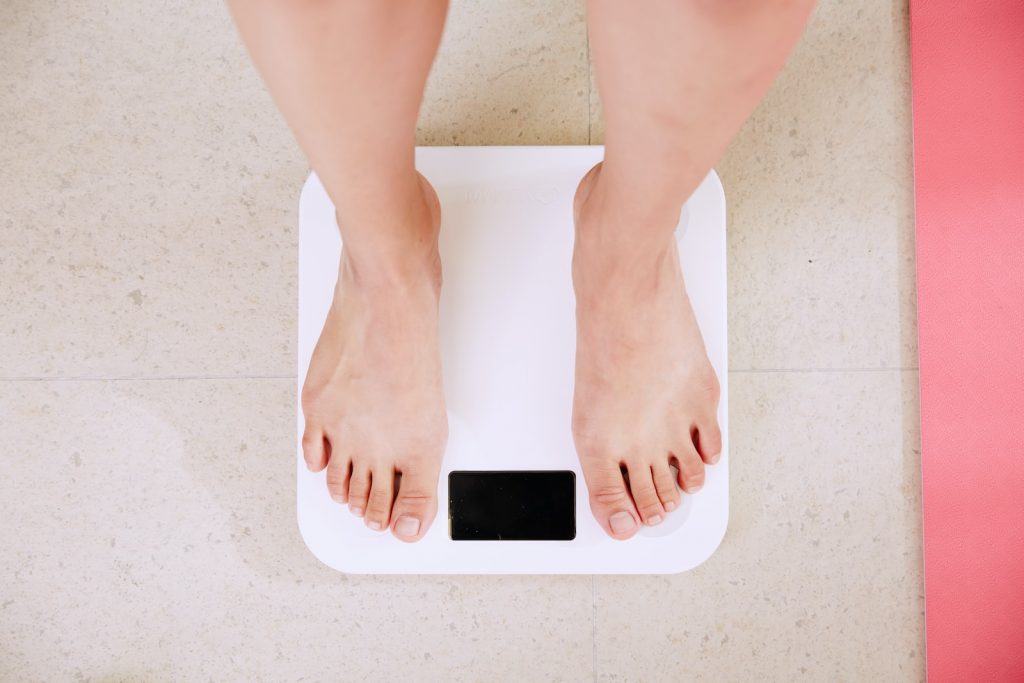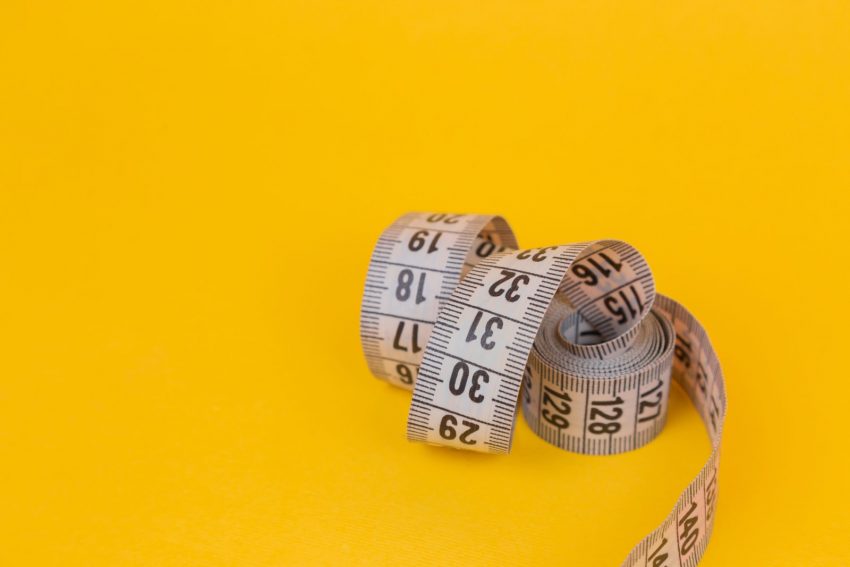Diets are one of the most common topics that people talk about. Whether they’re talking to their friend, watching TV, or even walking around in public, it seems like everyone is discussing their diet and how it’s going. But do you know what a diet actually is?
What is a Diet?
When it comes to weight loss, there is no one-size-fits-all solution. That’s why it’s important to understand how diets work before starting any weight-loss plan.
A diet is simply a plan of action that you follow to lose weight. Some people opt for fad diets, while others choose more sustainable plans. No matter which route you take, the goal is the same: to reduce your calorie intake and promote weight loss.
To do this, you need to create a calorie deficit. This means eating fewer calories than your body needs to maintain its current weight. When you create a calorie deficit, your body is forced to burn stored fat for energy, leading to weight loss.
Of course, you can’t just starve yourself and expect to lose weight. If you consume too few calories, your body will go into starvation mode and actually hold on to fat stores instead of burning them. This is why it’s important to find a diet that fits your lifestyle and provides the right number of calories for healthy weight loss.

What are the Different Types of Diets?
There are many different types of diets out there and it can be hard to know which one is right for you. Here is a rundown of some of the most popular diets so you can make an informed decision:
- Atkins Diet: This low-carb diet focuses on eating high-protein foods and cutting back on carbs.
- South Beach Diet: This diet emphasizes eating healthy fats and proteins while limiting carbs.
- Zone Diet: This diet strives for a balance of carbs, proteins, and fats in each meal.
- Weight Watchers: This program assigns points to foods based on their calorie, fat, and fiber content. You strive to stay within your daily point limit.
- Jenny Craig: This diet plan provides you with prepackaged meals and snacks that are lower in calories and fat.
- Nutrisystem: Like Jenny Craig, this diet plan also provides you with prepackaged meals and snacks that are lower in calories and fat.
How do Diets Work?
There are a variety of ways that diets work, depending on the specific diet plan. Some diets work by severely restricting calorie intake, which can lead to weight loss. Others focus on cutting out certain foods or food groups, such as carbohydrates or fats, which can also lead to weight loss. And still others combine both approaches.
The most important thing to remember is that any diet plan should be followed in moderation and with regular exercise for it to be effective. And, as always, consult with your doctor before starting any new diet or fitness plan.
Benefits and Side Effects of Diets
When it comes to diets, there are a lot of different options to choose from. It can be hard to know which diet is right for you, and even harder to stick to a diet once you start. This is why it’s important to understand how diets work before you commit to one.
There are many benefits that come with following a diet. For example, diets can help you lose weight, improve your cholesterol levels, and reduce your risk for heart disease and other health conditions. However, there are also some potential side effects of diets that you should be aware of.
For instance, some people may experience fatigue, headaches, or other flu-like symptoms when they first start a diet. These side effects are usually temporary and will go away as your body adjusts to the new eating plan. Additionally, crash diets or very low-calorie diets can lead to nutrient deficiencies, so it’s important to make sure you’re still getting all the nutrients your body needs while on a diet.
If you’re considering starting a diet, talk to your doctor first to see if it’s right for you. They can help you create a healthy eating plan that fits your individual needs and lifestyle.

Conclusion about Diets
We hope this article has helped you to understand a little more about how diets work. Remember, there is no one-size-fits-all solution when it comes to dieting – what works for one person might not work for another. However, by understanding the basics of how different diets work, you can make an informed decision about which diet plan is right for you.
